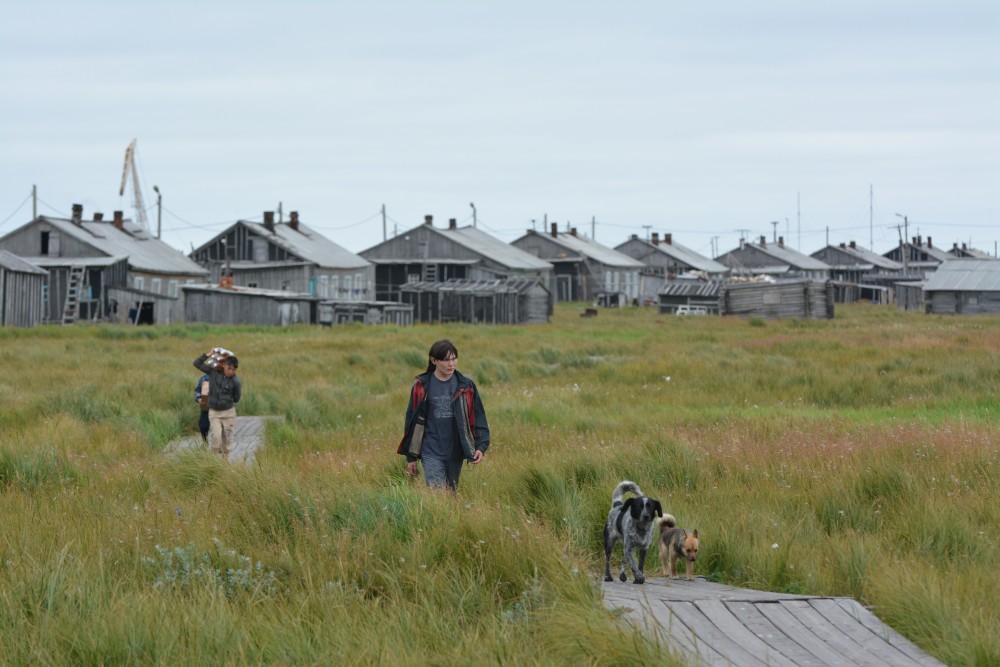A Russian Arctic island is set to become a nature reserve
Authorities said they are acting to protect biodiversity — especially of birds — in making the designation.

Environmental authorities are moving to designate Kolguyev Island as a nature reserve, citing the need to protect the island’s unique birdlife.
The Kolguevsky nature reserve (zakaznik) is established in order to preserve and support biodiversity in the Barents Sea and the Arctic, according to regional authorities in the Nenets Autonomous Okrug, as a stricter environmental regime is introduced on the island.
The small island located in the southeastern Barents Sea, north of the Nenets coast, is considered a crucial area for migrating birds. It also is also inhabited by several endangered species.
The nature reserve only covers parts of islands and the protection regime allows for continued traditional industries such as reindeer herding and fishing. Its establishment is initiated by regional authorities and coordinated with the federal Ministry of Natural Resources, the Nenets government says.
The 3,500-square-kilometer big island is inhabited mainly by indigenous Nenets people. The population totals about 400, of which about 250 are believed to work in the local oil industry.
In 2013, the island was hit by a major tragedy as nearly the whole population of reindeer was extinguished following massive over-population. In 2012, the number of animals on Kolguyev was estimated to more than 12,000. Then, the herds completely collapsed. In 2016, there were reportedly only 153 animals left on the island.
Oil production on the Kolguyev is operated by the Arctic Oil Company Ltd. (ANK). The company owns the license to the Peschanoozerskoe, the oil field located on the southeastern end of the island and that holds about 16 million barrels of recoverable reserves. Daily production amounts to 340 barrels a day. In 2016, the company was acquired by Urals Energy.